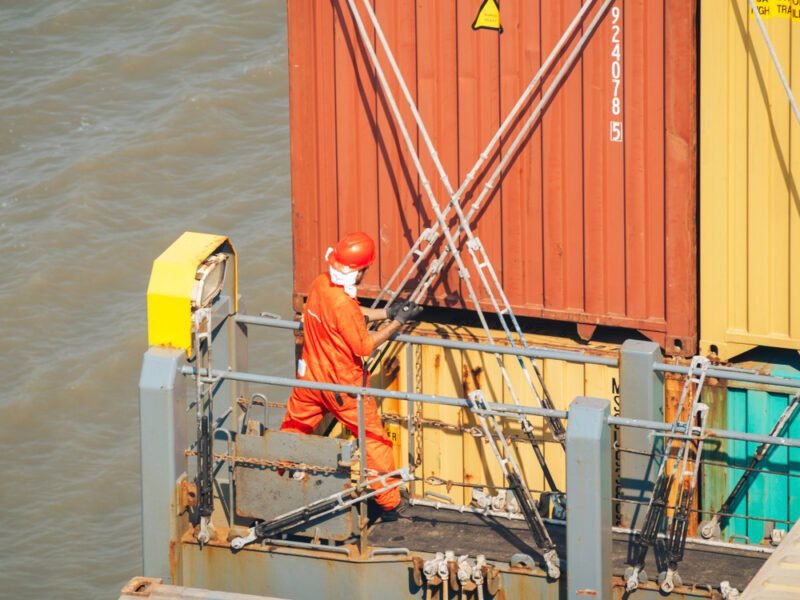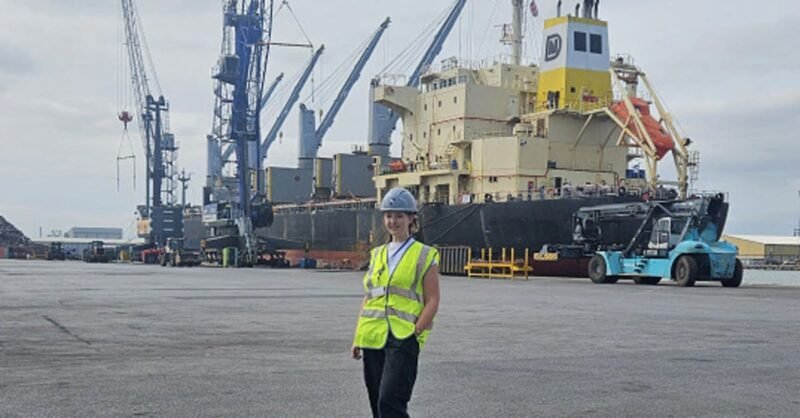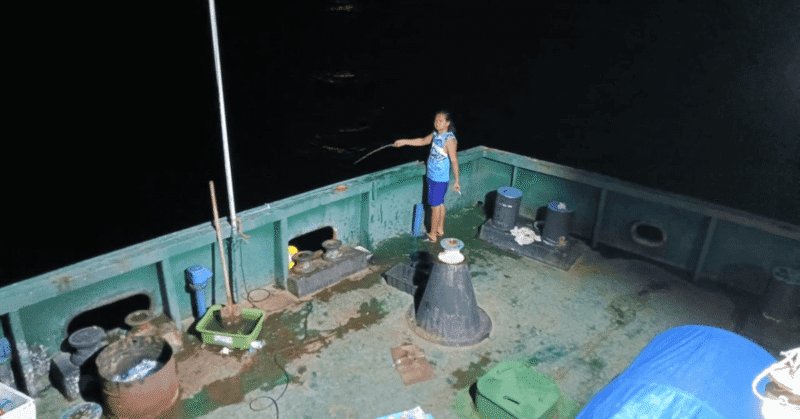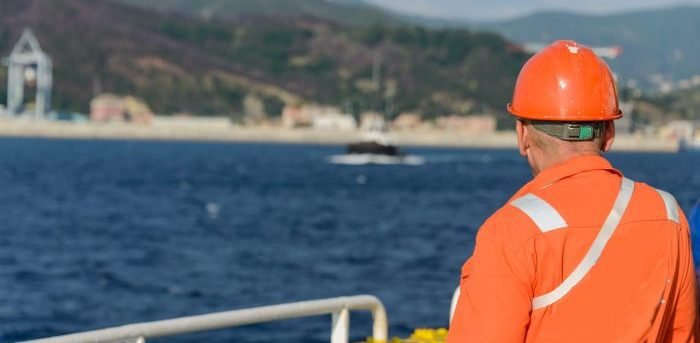The International Transport Workers’ Federation (ITF) and the Joint Negotiating Group (JNG) have introduced the Non-Seafarers’ Work Clause to enhance the safety of seafarers. This clause mandates that tasks such as lashing and unlashing cargo should be carried out by trained dockworkers instead of seafarers. The main goal is to reduce the physical strain on seafarers, decrease fatigue, and prevent potential accidents on ships.
Lashing and unlashing cargo are physically demanding tasks that require specific skills to be performed safely. When seafarers are assigned these responsibilities, their workload increases significantly, leading to higher levels of fatigue. This fatigue can compromise their alertness, slow down their reaction times, and increase the likelihood of accidents that pose risks to both the crew and the vessel.
By following the Non-Seafarers’ Work Clause and utilizing local dockworkers for tasks like lashing and unlashing, companies can contribute to creating a safer, more efficient, and sustainable maritime industry. This approach not only benefits the well-being of seafarers but also enhances overall safety standards in the maritime sector. ITF emphasized the importance of this initiative in promoting a conducive working environment for seafarers in their statement.


















